There’s nothing quite like spending time in your very own outdoor swimming pool on a scorching summer day. But beyond the joy and relaxation it can provide, have you ever wondered does a pool add value to your home? It’s a question that many homeowners contemplate, and in this ‘Does a pool add value to your home?’ article, we’ll explore:
-
The various factors that influence home value
-
The costs associated with installing a pool
-
The potential impact on your home’s value
-
The pros and cons of pool ownership.
So, let’s dive right in!
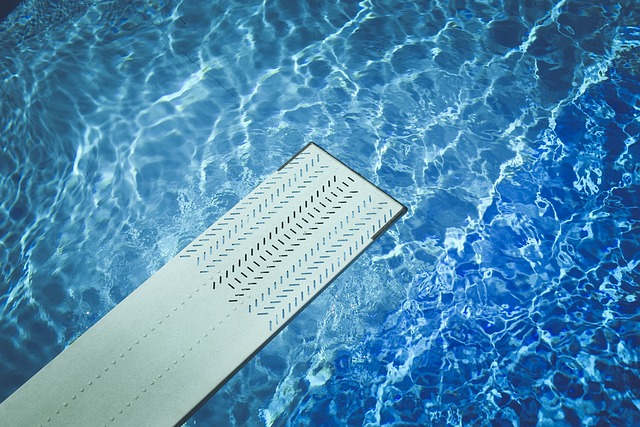
Understanding Home Value
Before we delve into the topic of just how much value of a pool can affect your home’s value, it’s essential to understand the factors that influence home value as a whole.
Location is a critical factor when determining the true value of of a home. Desirable areas with access to good schools, parks, and shopping centres often command higher prices.
A home located in a sought-after neighbourhood will increase its overall worth. In addition to location, the size, condition, layout, and age of the house play crucial roles in determining its value.
A spacious home with a functional layout and modern amenities is generally more appealing to buyers and can fetch a higher price.
The overall condition of the property, quality of construction, maintenance, and any necessary repairs, can affect its value. Older homes may have a certain charm, but they may require more upkeep.
Economic conditions, such as interest rates and job growth, can impact the housing market, causing fluctuations in home values.
In a warmer climate, properties in higher end neighbourhoods tend to have swimming pools, so without one your property will not be as appealing.
It’s crucial to consider these factors when evaluating the potential impact of a pool on your home’s value.
How Home Improvements Can Increase Value
Renovations and upgrades, when done right, can positively impact the overall worth of a home.
These improvements might include kitchen and bathroom remodels, adding square footage, upgrading appliances, or enhancing the curb appeal of the property.
The decision to install a pool should be evaluated in the context of these value-enhancing home improvements.
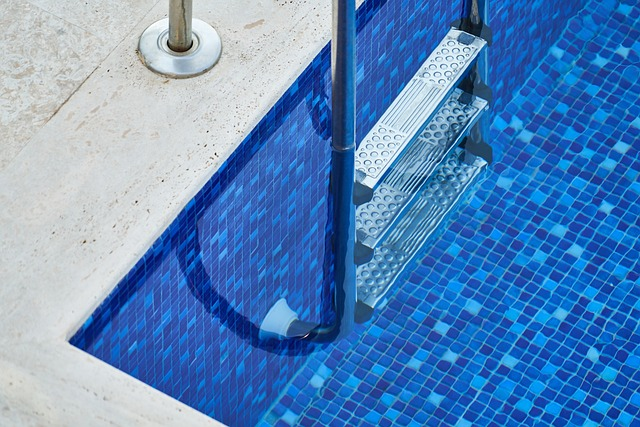
A well-designed and properly maintained pool can be a valuable addition to a home.
It can provide a relaxing and enjoyable space for family and friends, especially during hot summer months.
A pool can also enhance the aesthetic appeal of a property, creating an inviting outdoor oasis.
However, it’s important to note that not all buyers may see a pool as a desirable feature. Some may have concerns about pool maintenance costs, safety issues, running costs and maintenance time.
When considering adding a pool, it’s crucial to weigh the potential benefits against the costs and potential drawbacks. Factors such as the climate in your area, the size of the property’s land, and the preferences of potential buyers in your market should all be taken into account.
A short swimming season will act as a brake to value, whilst a full year round warm climate will increase the value of an outdoor pool installation.
Additionally, obtaining the necessary permits and complying with local regulations is essential to ensure a smooth installation process and avoid any legal issues down the line.
Specialist Property Market Knowledge
Ultimately, the impact of a pool on your home’s value will depend on various factors specific to your property and market.
Consulting with a real estate professional can provide valuable insights and help you make an informed decision that aligns with your goals and budget.
The Cost of Installing a Swimming Pool
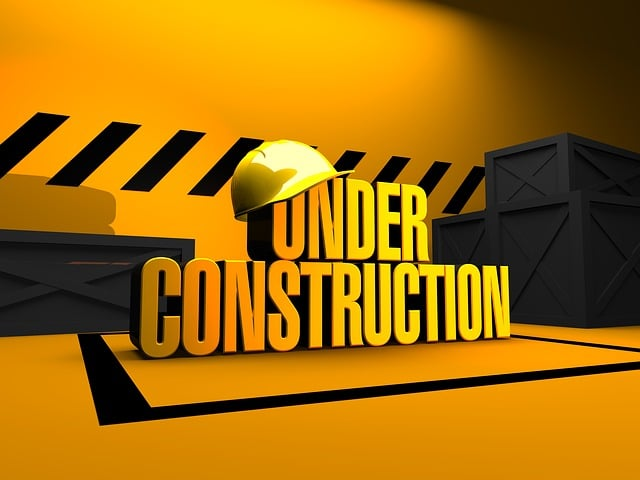
Having a pool in your own backyard, can be a dream come true. It offers a refreshing escape from the summer heat, a place to relax and unwind, and a source of endless entertainment for family and friends. However, it’s important to be aware of the financial commitment that comes with owning a pool.
Initial Installation Costs
The initial cost of installing a pool can vary depending on several factors, including the size, type, and features of the pool.
In ground pools are permanent, but above ground pools are only semi-permanent. An in-ground pool is significantly more expensive than above-ground pools. Installing an above-ground pool takes one to three days as opposed to weeks for an in-ground pool.
Additionally, factors such as site preparation, excavation, planning permission and permits, and landscaping can contribute to the overall cost.

Excavation of an inground pool starts involves digging a hole for the pool itself, which can be a labour-intensive and time-consuming process.
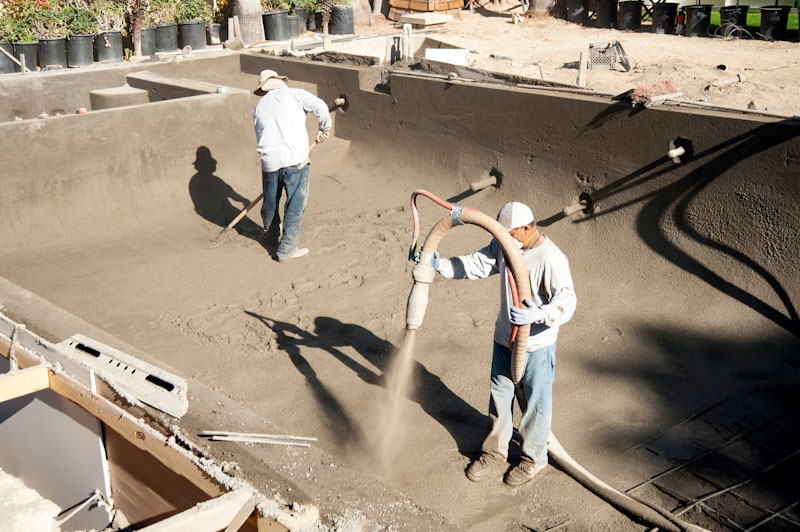
A common modern construction technique is to apply a concrete mixture of sand, cement, and water using a high-pressure hose over metal reinforcing rods. It hardens into a solid, thick structure after curing. It has surpassed ‘old school’ concrete pools in terms of popularity because you can make almost any shape.
Low-cost inground options include fibreglass and those with vinyl liners, however liners normally need to be replaced every 10 to 15 years.
Permits are required in many areas to ensure that the pool is installed safely and meets local regulations. The cost of permits can vary depending on where you live.
Lastly, landscaping around the surrounding area can add to the overall cost but can also enhance the aesthetics and functionality of your outdoor space.
It’s essential to obtain multiple quotes from reputable pool contractors and do your research to get a better understanding of the potential costs.
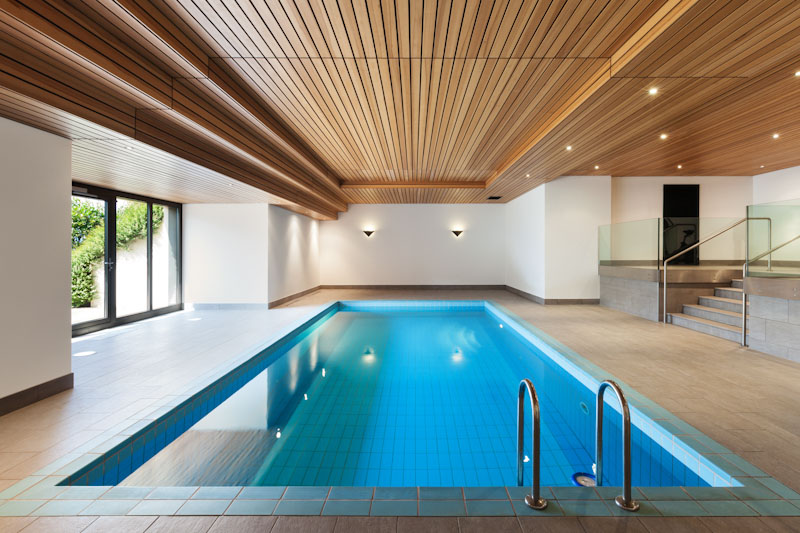
An indoor swimming pool will take building costs into a completely different category!
Don’t be afraid to ask questions and seek clarification on what is included in the quotes.
Remember, the cheapest option may not always be the best choice in terms of quality pool service and long-term satisfaction.
Ongoing Swimming Pool Maintenance Costs
While the joy and relaxation that a pool brings are priceless, it’s important to be aware of the financial commitment required to keep it in top shape.

These costs include regular maintenance, cleaning, chemical treatments, heating, water, and electricity. Regular maintenance involves tasks such as skimming the pool surface, vacuuming the pool floor, and cleaning the pool filter.
Chemical treatments are necessary to prevent algae growth, maintain proper water balance and prevent the growth of algae and bacteria. This includes adding chlorine, pH adjusters, and algaecides to the pool water. The frequency and amount of chemicals needed to keep algae growth and maintain proper ph levels can vary depending on factors like pool size, usage, and environmental conditions.
Heating the pool can be an additional expense, especially if you live in a colder climate. Heating options include gas heaters, electric heat pumps, and solar heaters. Each option comes with its own costs and considerations.
Water and electricity are ongoing expenses that should be factored into your budget. The amount of water needed to fill or top up your pool will depend on its size and how often you need to add water. Electricity is required to power pool equipment such as pumps, filters, and lights.
While the specific costs can vary depending on factors like pool size and climate, homeowners should allocate a budget for ongoing maintenance and factor these expenses into their decision-making process.
It’s important to keep in mind that neglecting regular maintenance and proper care can lead to more significant issues down the line, resulting in higher repair costs. A well maintained pool will be more appealing to buyers.
Ultimately, the cost of installing and maintaining a pool is a personal decision that depends on your budget, lifestyle, and priorities.
The Impact of a Swimming Pool on Home Value
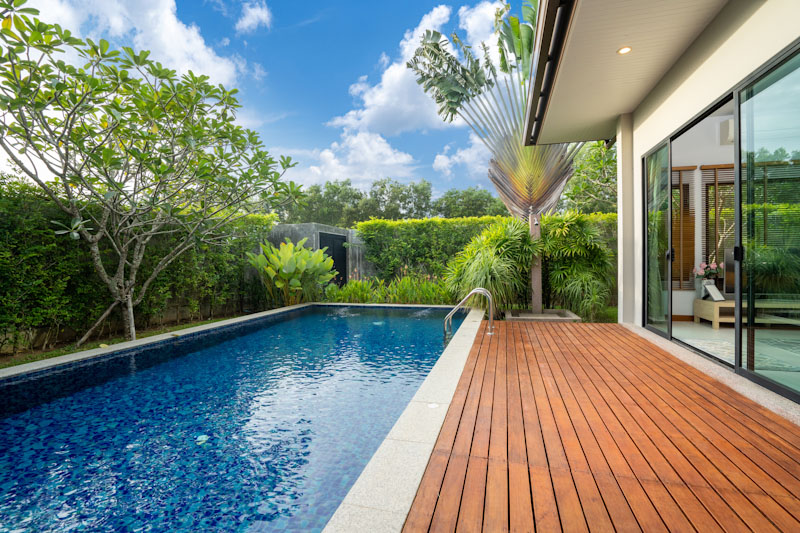
Now, let’s get to the heart of the matter – what will a swimming pool add to your home’s value.
While a pool can undoubtedly enhance your lifestyle and enjoyment of your home, the effect pool offers on property value is not as straightforward as one might think.
Property Appeal
Several factors come into play. Firstly, when installed and maintained correctly, a pool can increase the market appeal of a property.
Some potential buyers may see a pool as a significant asset, particularly in warm climates where outdoor living is highly valued. The allure of having a refreshing oasis in the backyard can be a strong selling point.
Imagine yourself on a hot summer day, lounging by the pool, sipping a cold drink, and enjoying the company of friends and family. Making buyers more willing to pay a premium for a home with a pool.
Furthermore, a well-designed pool can potentially attract more buyers and set your property apart from others on the market. In a sea of similar homes, having a pool can be a standout feature that grabs attention and generates interest. This increased demand can lead to a higher resale value, as buyers compete for the unique offering your pool provides.
Location and Market Demand
However, it’s important to note that the impact of a pool on home value can be heavily influenced by factors such as location and market demand. In areas where pools are common and expected, the absence of a pool might be seen as a drawback by potential buyers. They may be accustomed to the luxury and convenience of having a pool and may be willing to pay a premium for it.
On the other hand, in areas where pools are less common or have limited use due to climate, the demand for homes with pools might be lower. If potential buyers do not see a pool as a necessity or if they perceive the safety, cost of maintenance and upkeep as a burden, the impact on the value to a home may be minimized.
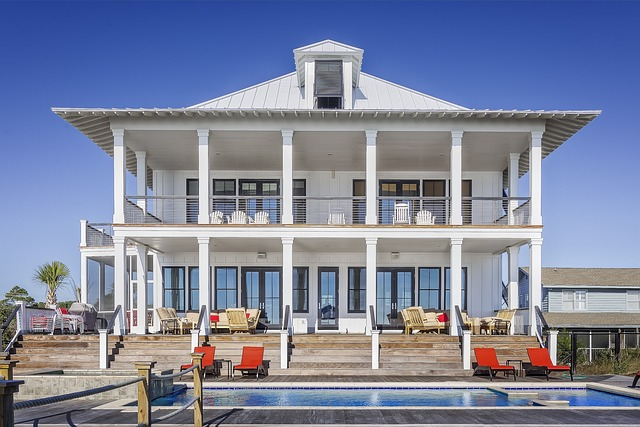
Evaluating your specific market is crucial when assessing the potential value impact of a pool. Consider what other homes in your area offer – do they have pools? Are pools a common feature in the neighbourhood? Understanding the preferences and expectations of potential buyers in your area will help you gauge the potential value increase.
Ongoing Swimming Pool Costs
Additionally, it’s essential to consider the ongoing costs associated with owning a pool. While a pool may add some value to a home, it also requires regular maintenance, cleaning, and potentially higher insurance premiums. These costs can impact the overall financial benefit of having a pool and should be factored into your decision-making process.
Swimming Pools and the Local Property Market
The impact of a pool on home value is not a one-size-fits-all situation.
It depends on various factors, including location, market demand, and buyer preferences.
While a well-designed and properly maintained pool can increase the market appeal of a property, it’s important to carefully evaluate your specific market and consider the potential costs associated with pool ownership before making a decision.
Pros and Cons of Having a Swimming Pool
Now that we’ve explored the financial aspects of backyard pool, it’s important to consider the pros and cons of having a pool from a homeowner’s perspective.
Benefits of Owning a Swimming Pool
There are many advantages to having a pool beyond the potential increase in property value.

It can also serve as a perfect gathering spot for social events and provide a refreshing escape from the summer heat. Additionally, swimming can offer numerous health benefits, such as improved cardiovascular health, increased strength, and reduced stress.
These benefits contribute to an overall higher quality of life for homeowners.
Drawbacks of Swimming Pool Ownership

Its best to think through all the costs first:
Pool Installation: While pools offer many advantages, it’s important to consider the drawbacks as well. For starters, as mentioned earlier, the installation and
Basic Pool maintenance: Pools require regular cleaning, chemical balancing, and upkeep to ensure they remain safe and enjoyable. It necessitates the regular use of chemical cleaners, regular pool maintenance, and the purchase of attachments like telescoping poles and attachment brushes.
Utility Costs: Water, pump and pool heater energy costs.
Extras: Solar blanket, solar panels, external structures like changing rooms, and more!
Children: Potential buyers may be deterred if they have young families, because of the risk of drowning.
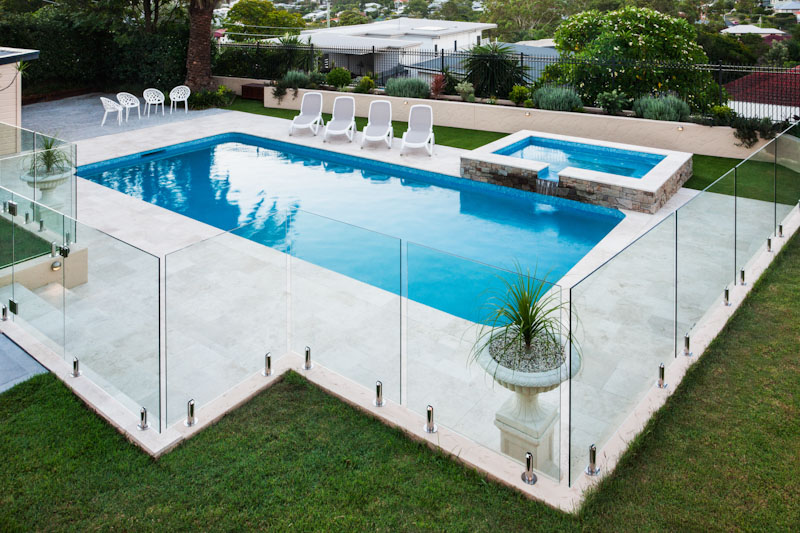
Safe Swimming Environment: You might need to install additional safety features, such as fences or alarms, to comply with local regulations and mitigate the risk of accidents.
Insurance and Liability Issues
Installing a pool can have implications for your homeowner’s insurance. Adding a pool might increase your insurance premium due to the increased liability coverage. It’s important to consult with your insurance provider and understand the potential impact on your coverage and premiums.
The Effect of Swimming Pools on Future Saleability
Lastly, it’s important to consider how the presence of a swimming pool might affect the future saleability of your home.
While it can be a desirable feature for some buyers, it might also deter other buyers who don’t want the responsibilities and costs associated with pool ownership.

Property purchase costs for prospective buyers will be increased by the need to have a specialist pool inspection as well as a home inspection.
Understanding your target market and considering the long-term implications can help you make an informed decision.
Does a Swimming Pool Add Value to Your Home?
In conclusion, whether or not a pool makes a big difference to the value of your home depends on various factors. While a well-designed and properly maintained pool can enhance the overall appeal and market value of your property, it’s crucial to consider the costs, location, market demand, and your personal preferences and lifestyle.
Evaluating these factors together will guide you in determining if adding a pool is the right choice for you.

A pool ought to be viewed as an investment in your way of life. Don’t think that it will inevitably raise the value of your home. It all depends on locating the right buyer who is willing to pay the asking amount.
Look through the real estate listings in your area to identify comparable homes, with and without an above ground pool or in-ground pool.
Remember you can ‘overbuild’ a property where the average neighbour home values are much lower. In such cases you may not get a return on your installation costs.
Always consider the safety aspect of your pool and make sure it meets local regulations. Put in place the appropriate insurance coverage.
So, take the plunge, do your research, and make the decision that best suits your needs and goals!
Also Read
Check out Do I need a pool inspection when i buy a house?
Are you a home inspector, or a prospective home owner? We’ve written an entire article about our Swimming Pool & Spa – Home Inspection Checklist
See more Helpful Content
Visit our Homepage
